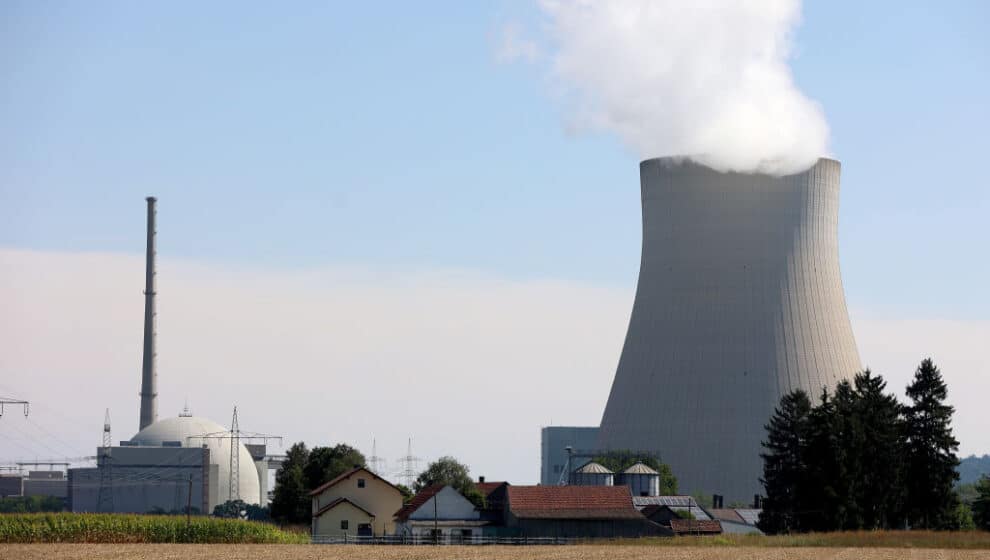After much debate, Germany has decided to keep its remaining nuclear power plants.
Key details
Germany has reversed course and decided not to close its nuclear power plants. While the move still needs to be officially confirmed by Parliament, two requirements for the extension have been met: the reactors are not a safety concern and Germany is facing a gas shortage.
The extension would be temporary and a formal decision is still a ways away. The German Chancellor’s cabinet, who will make the formal decision, is waiting on the results of a Germany energy needs assessment. The assessment is expected to be complete in a few weeks.
Why it’s news
In an attempt to force Russia to withdraw from Ukraine, Germany, along with several other European countries, began to decrease dependence on Russian fuel.
That decision, however, along with issues related to the Nord Stream pipeline have led to an energy crisis in Germany and the rest of Europe.
Germany has been increasing its dependence on renewable energy, but it is not enough to get Germans through the winter.
The decision to stay with nuclear plants represents a complete reversal of German policy.
Backing up a bit
Following the Russian invasion of Ukraine, Germany is facing potential shortages of gas. Many German homes rely on gas to provide heat. With winter quickly approaching, German officials are considering whether to push back the power plant shutdowns by a few months in order to have enough energy to make it through the winter, reports Politico.
Germany imports the majority of its gas and relies on gas for a fifth of its energy supply. Russia provides 32% of the nation’s gas. Germany also imports 34% of its crude oil and 53% of its hard coal from Russia.
The Russian invasion of Ukraine has caused Germany to rethink its energy supply. It is continuing the increase in renewable sources such as solar and wind but has also made plans to reopen the coal power plants, Politico reports. Reconsideration of nuclear power is one of the latest ideas to come to the table.
